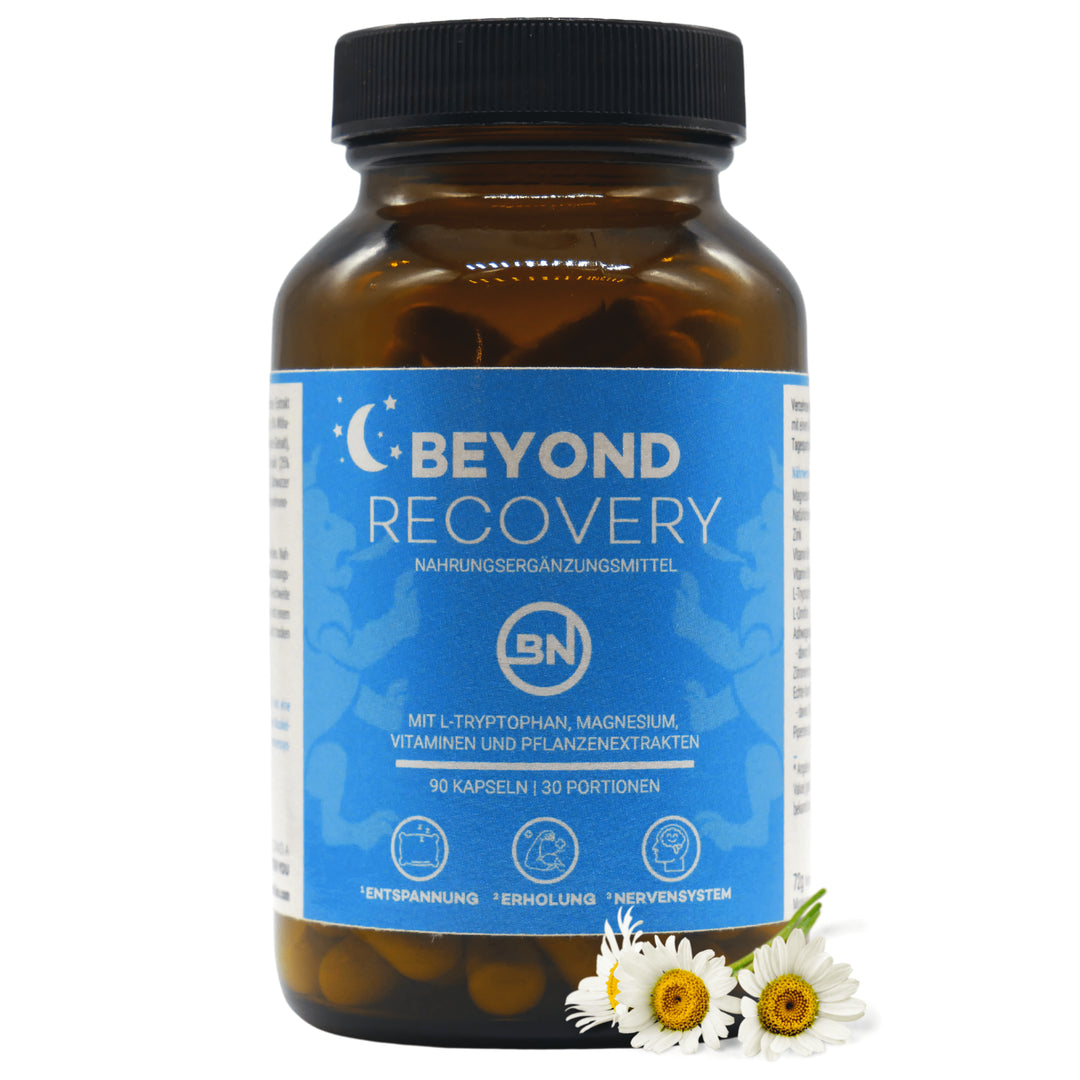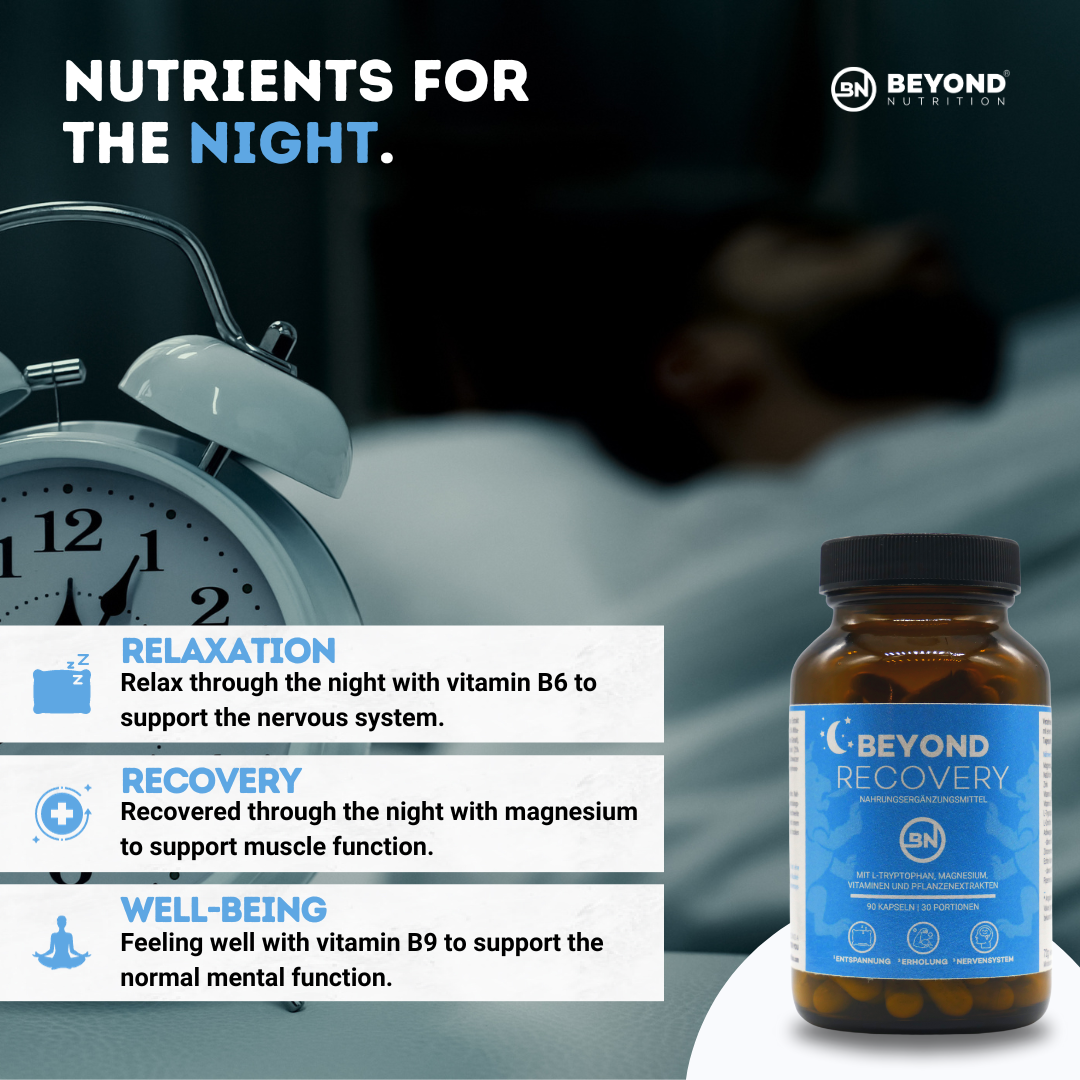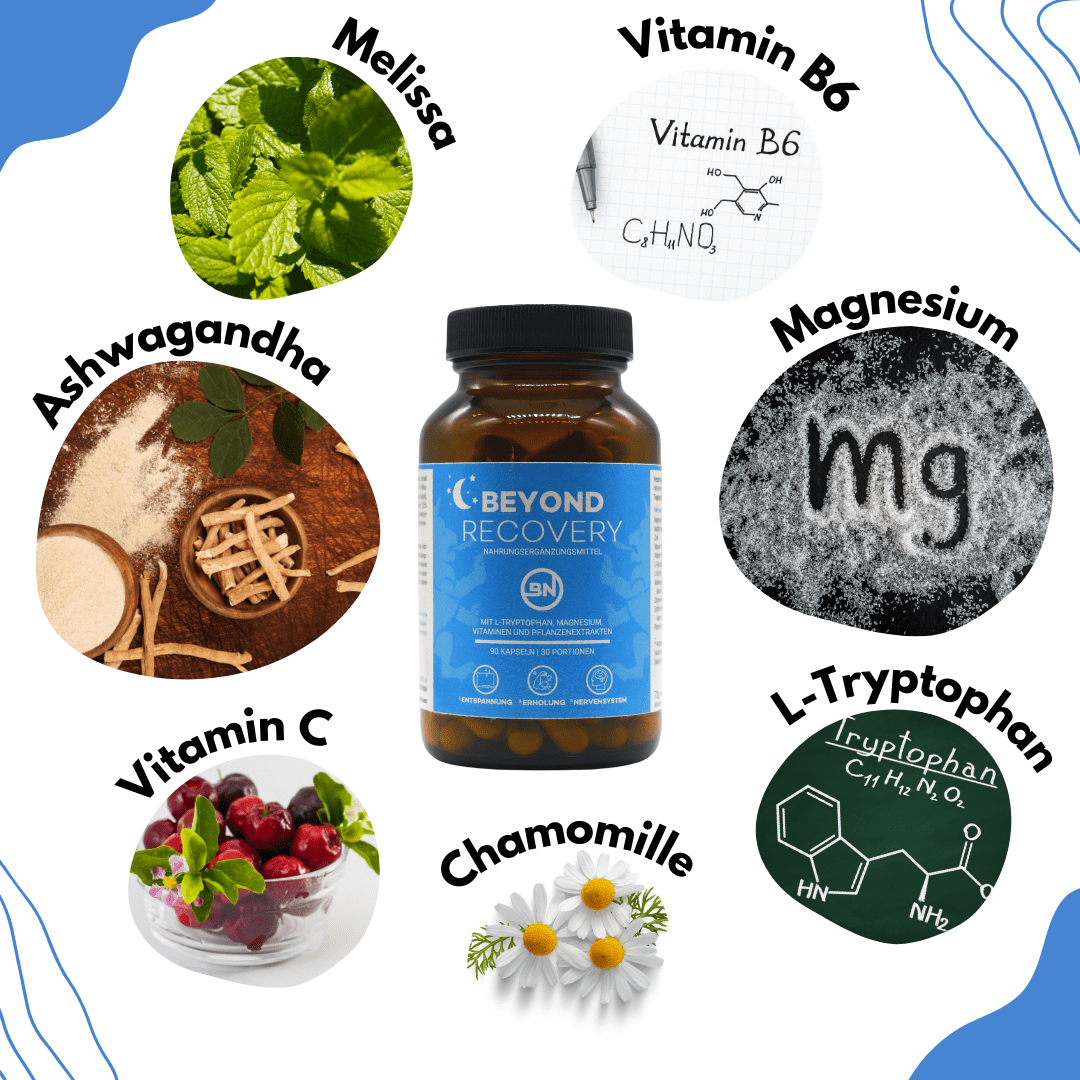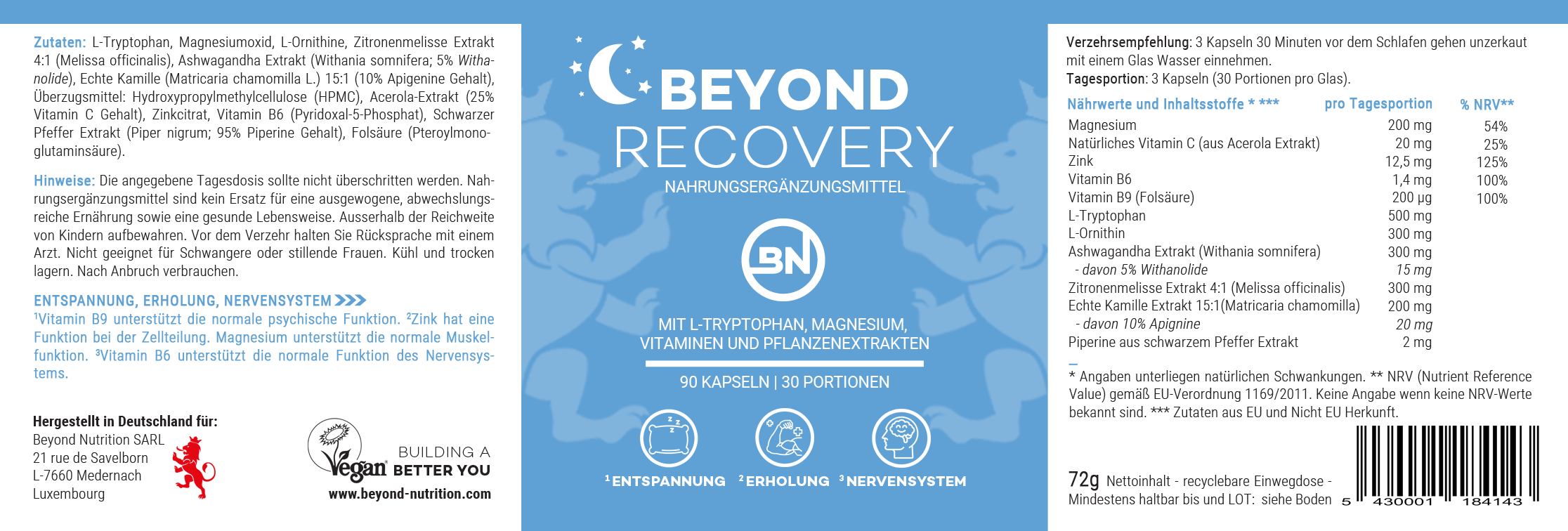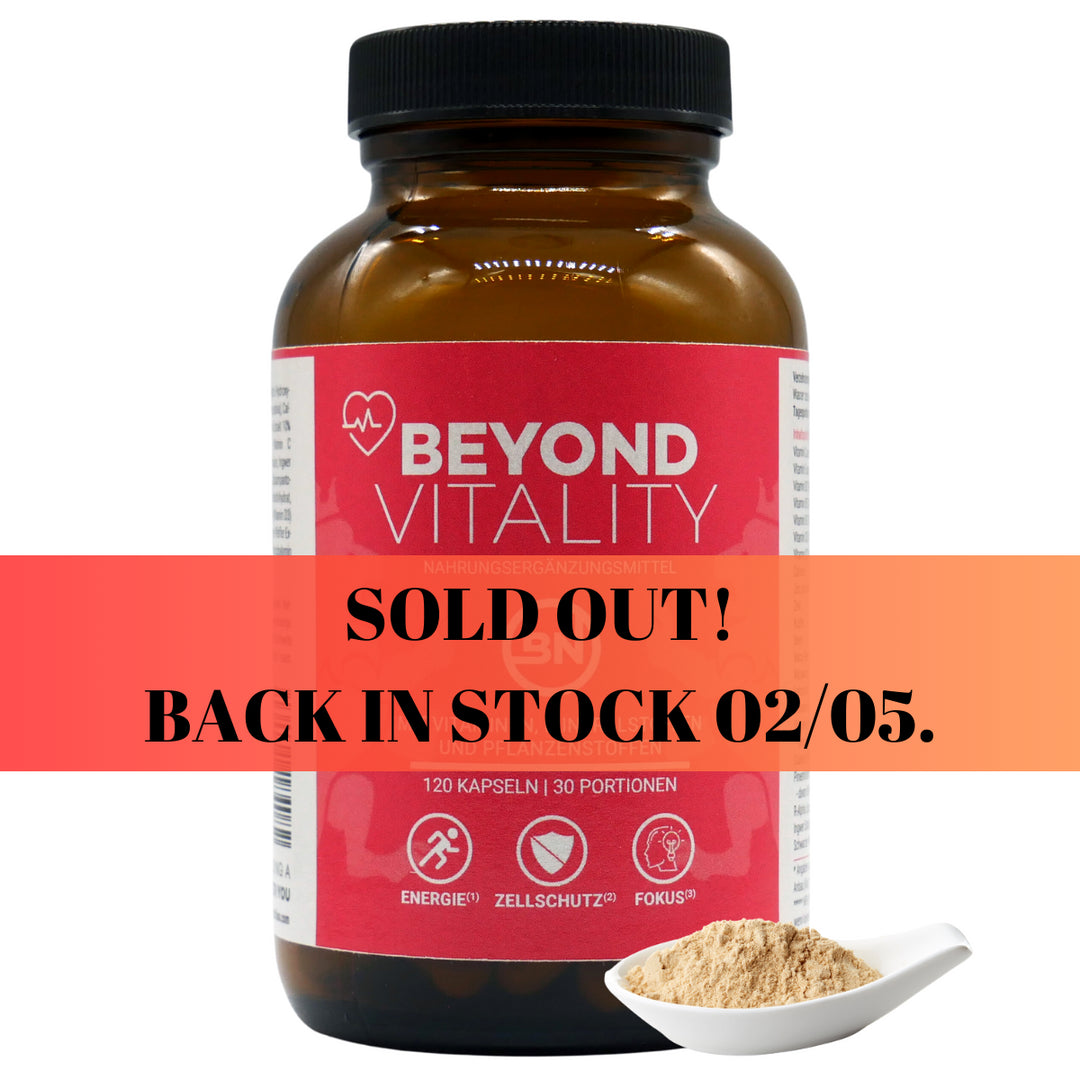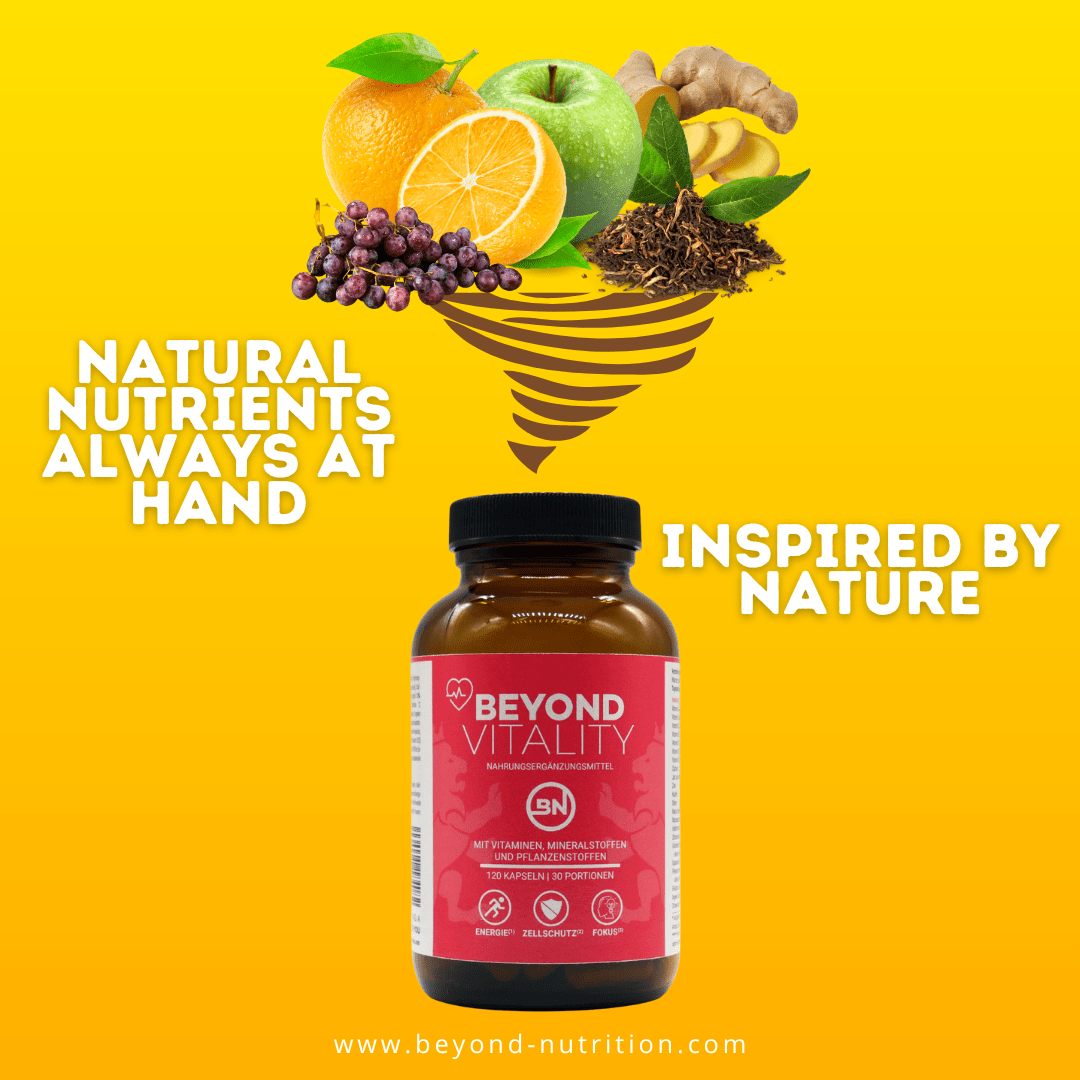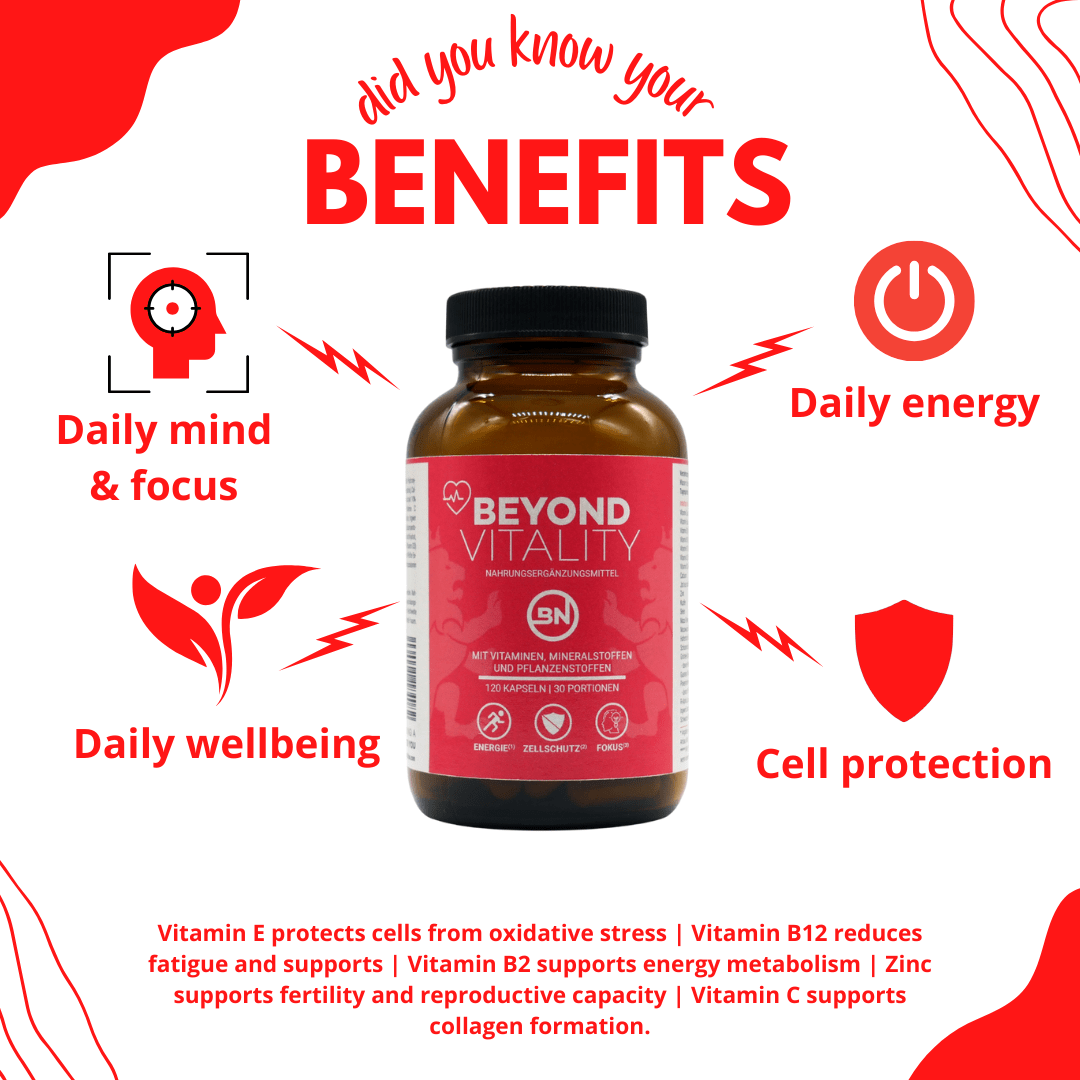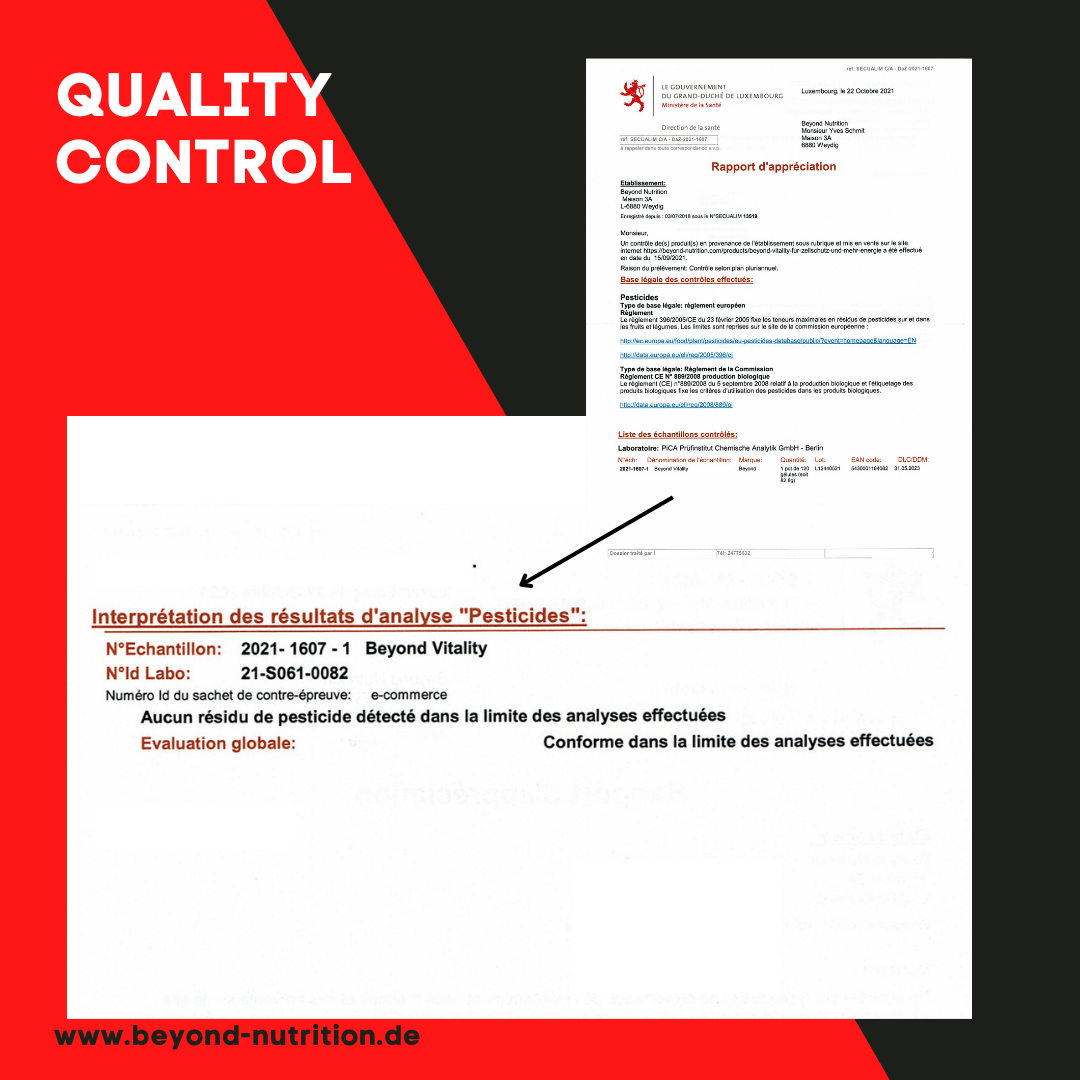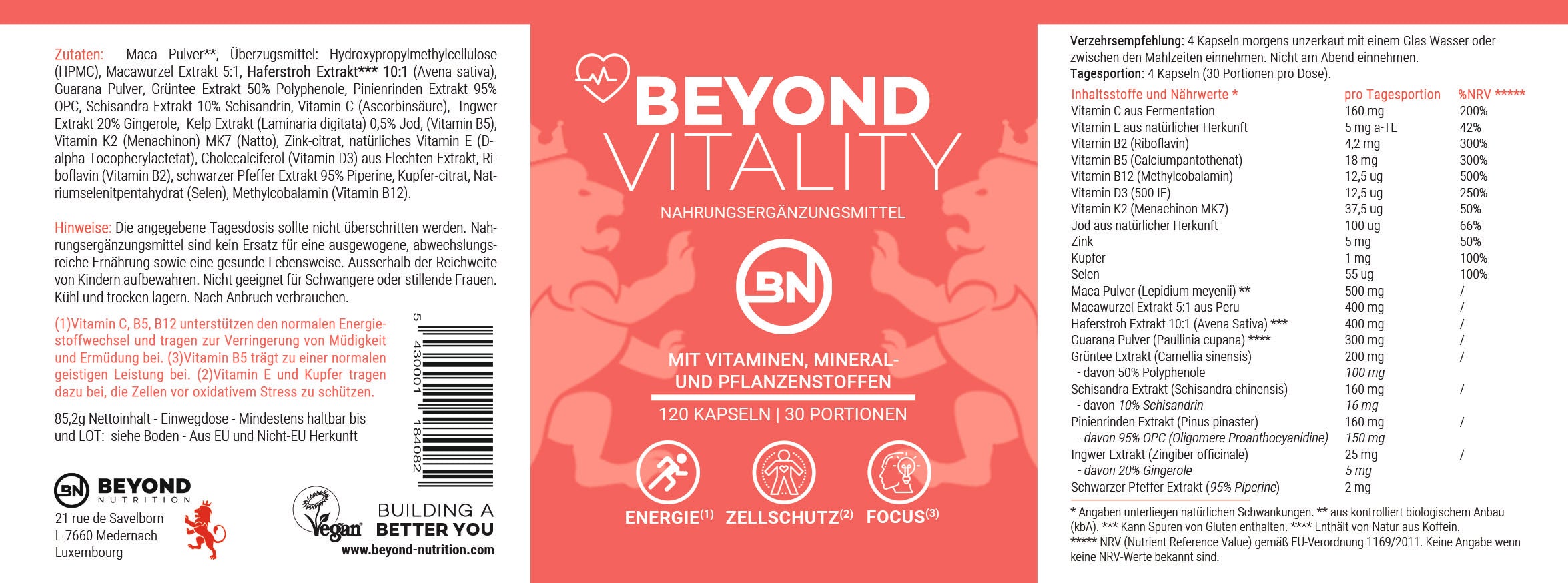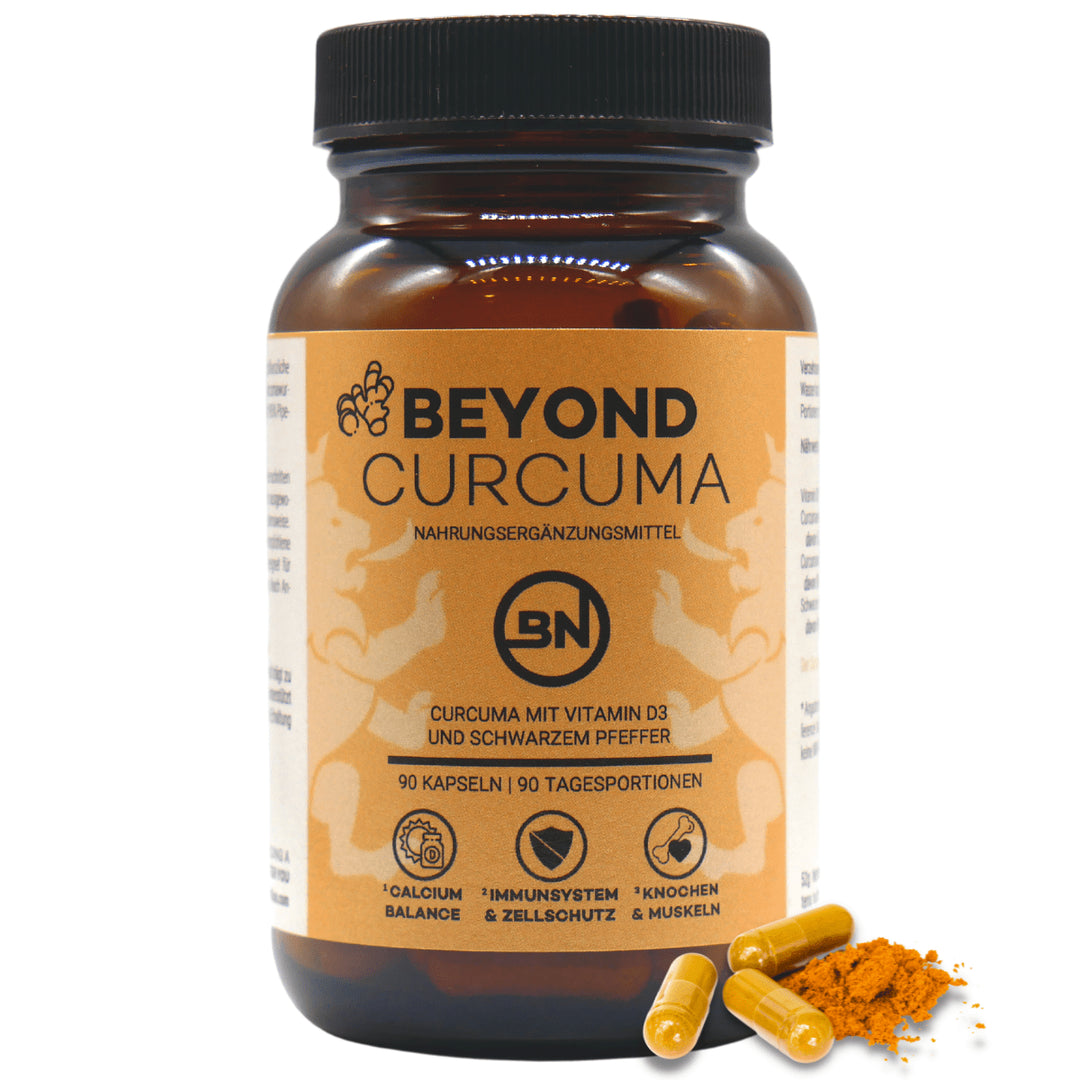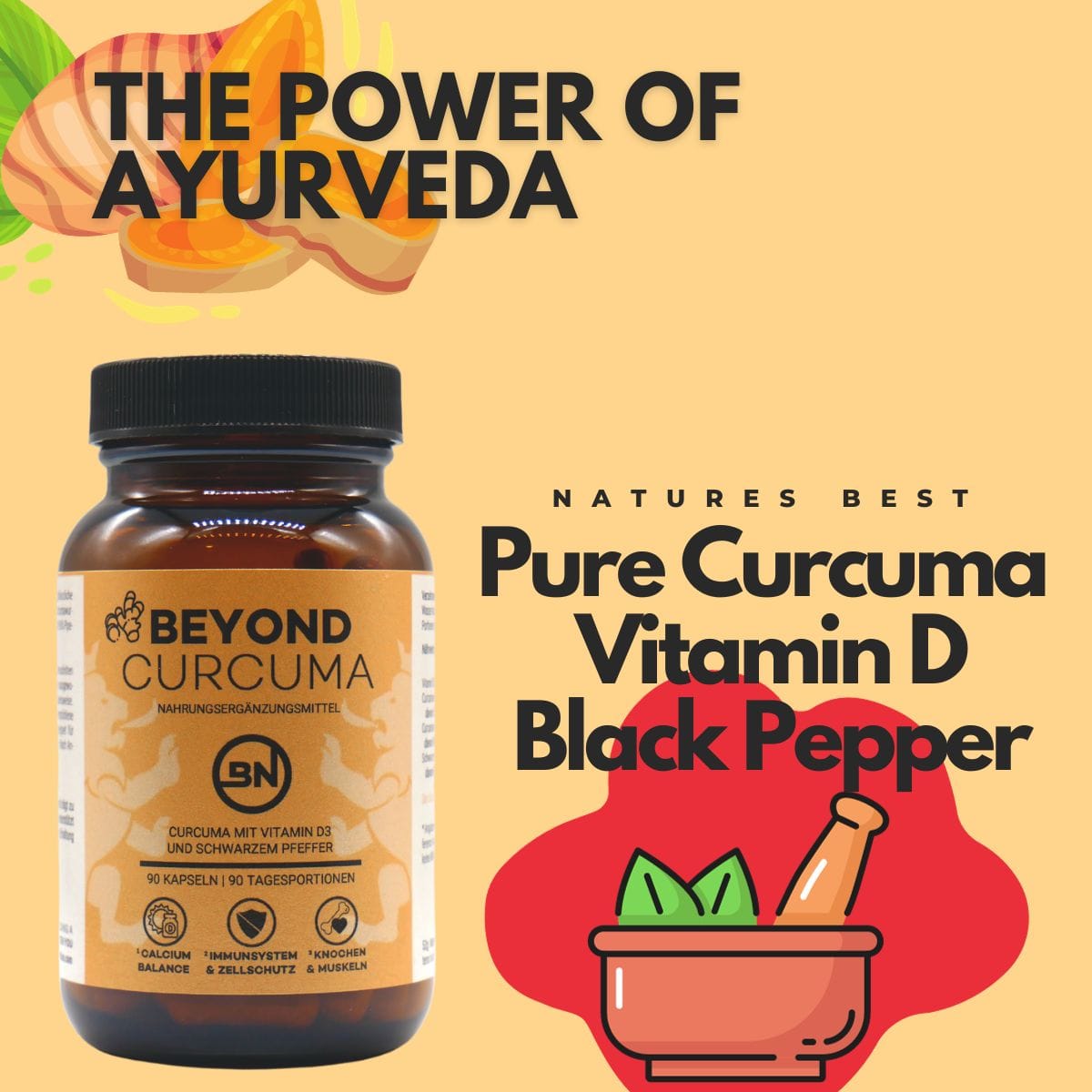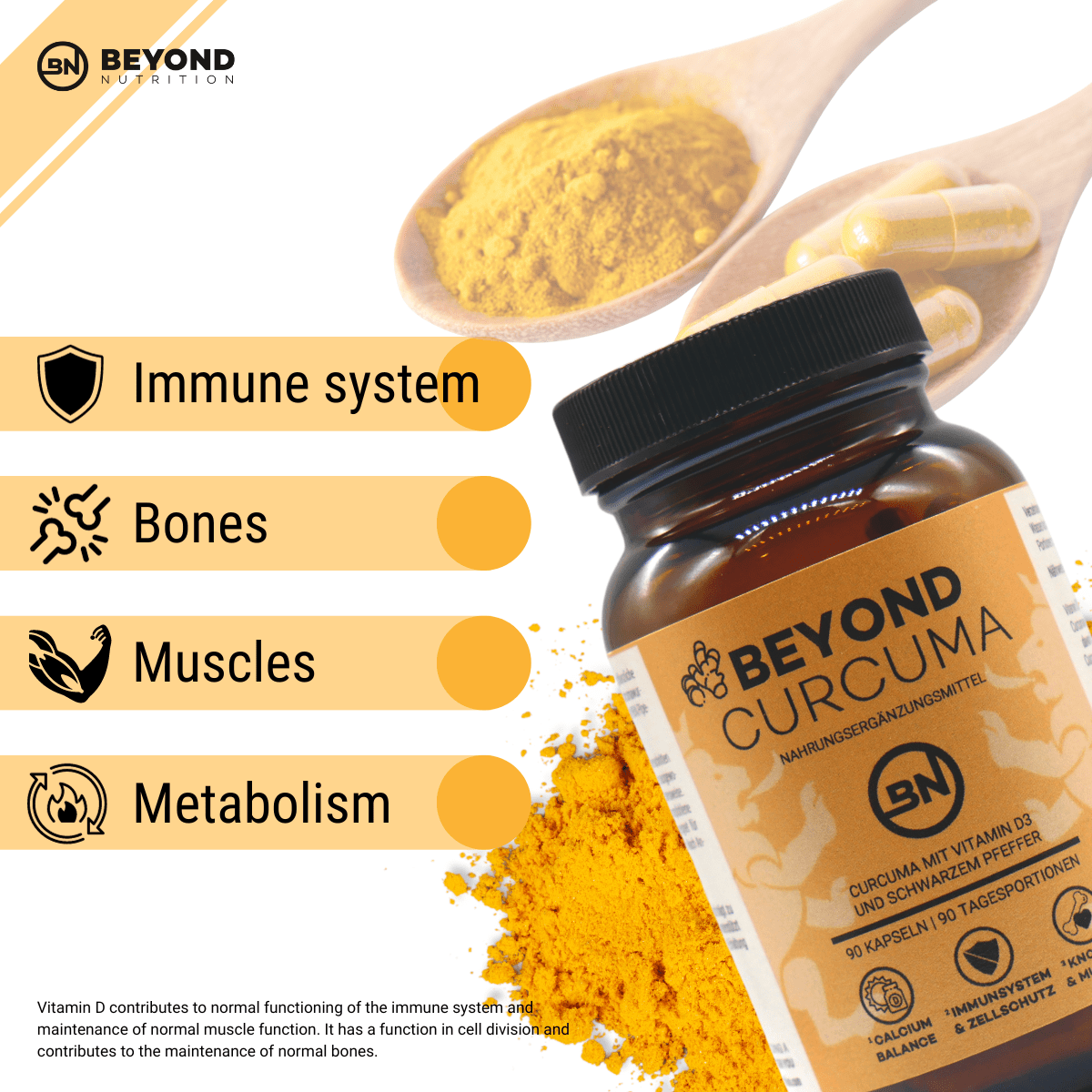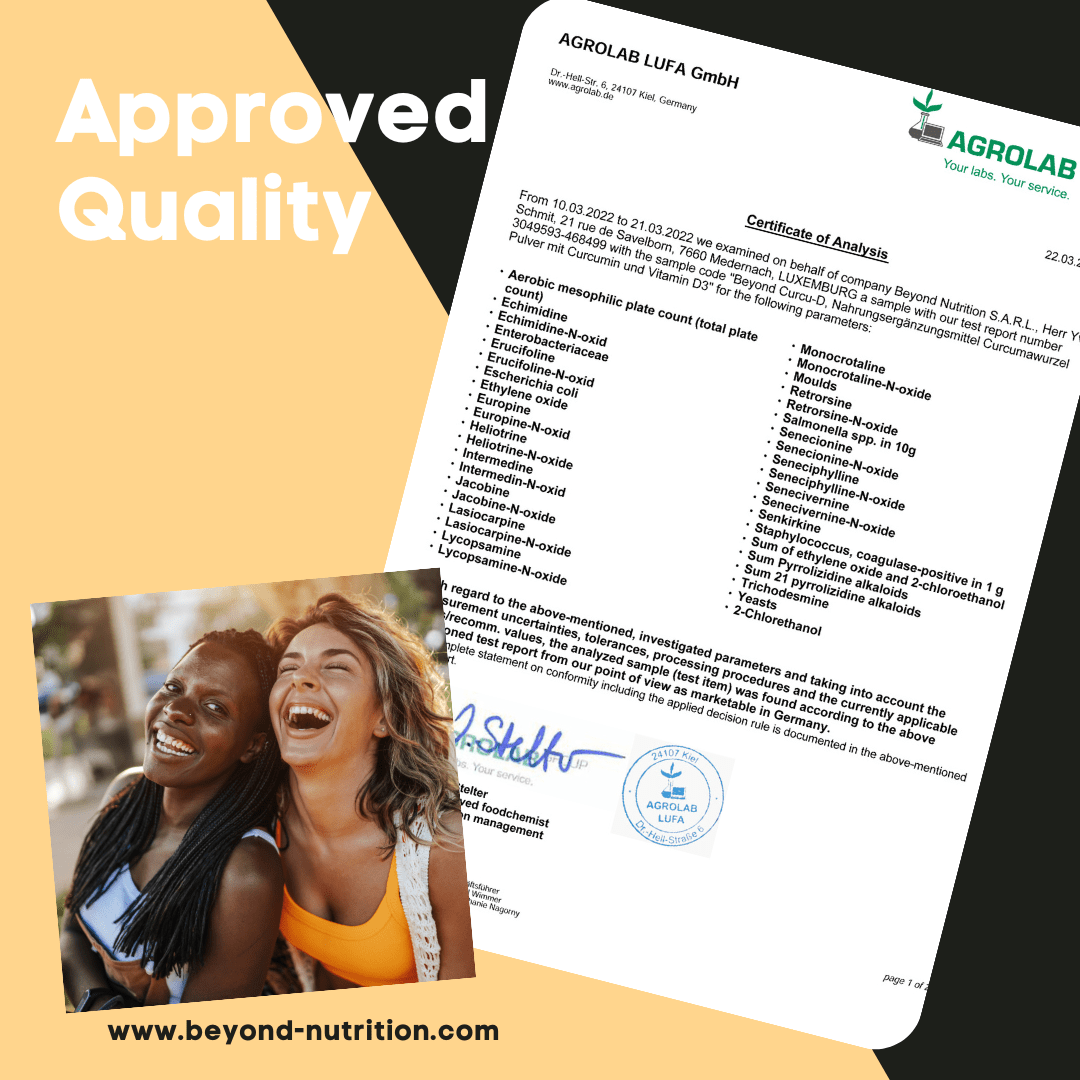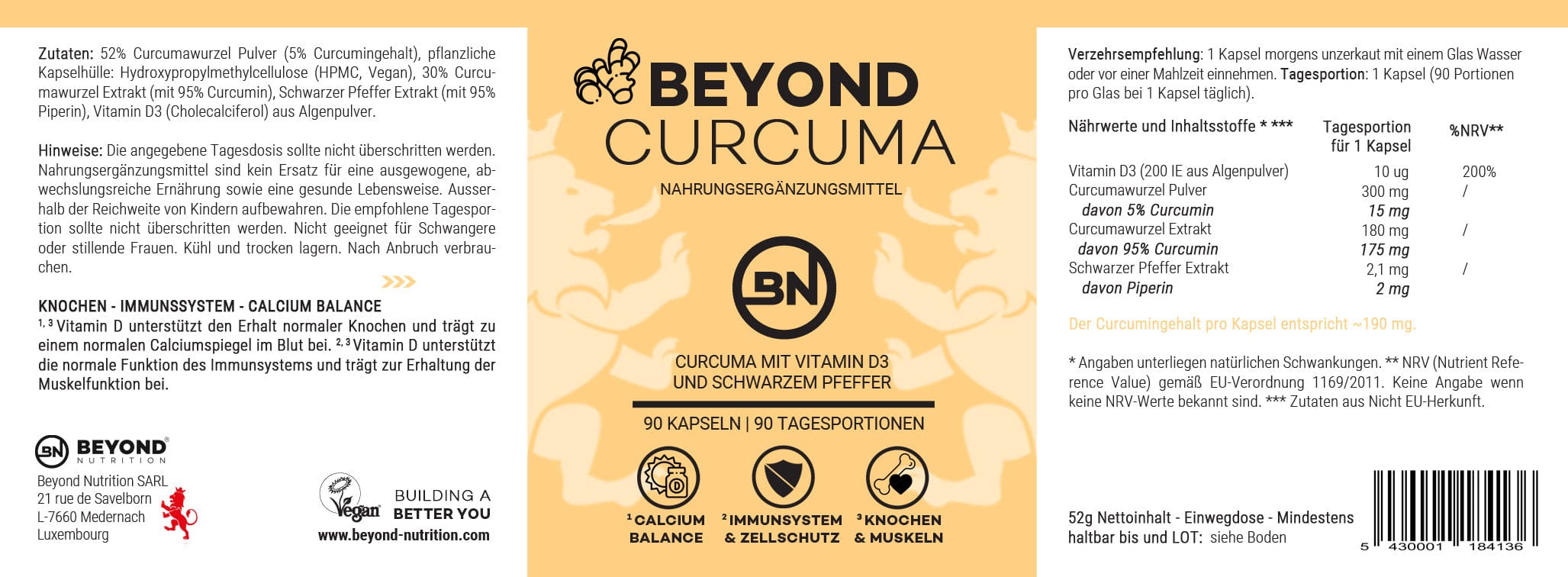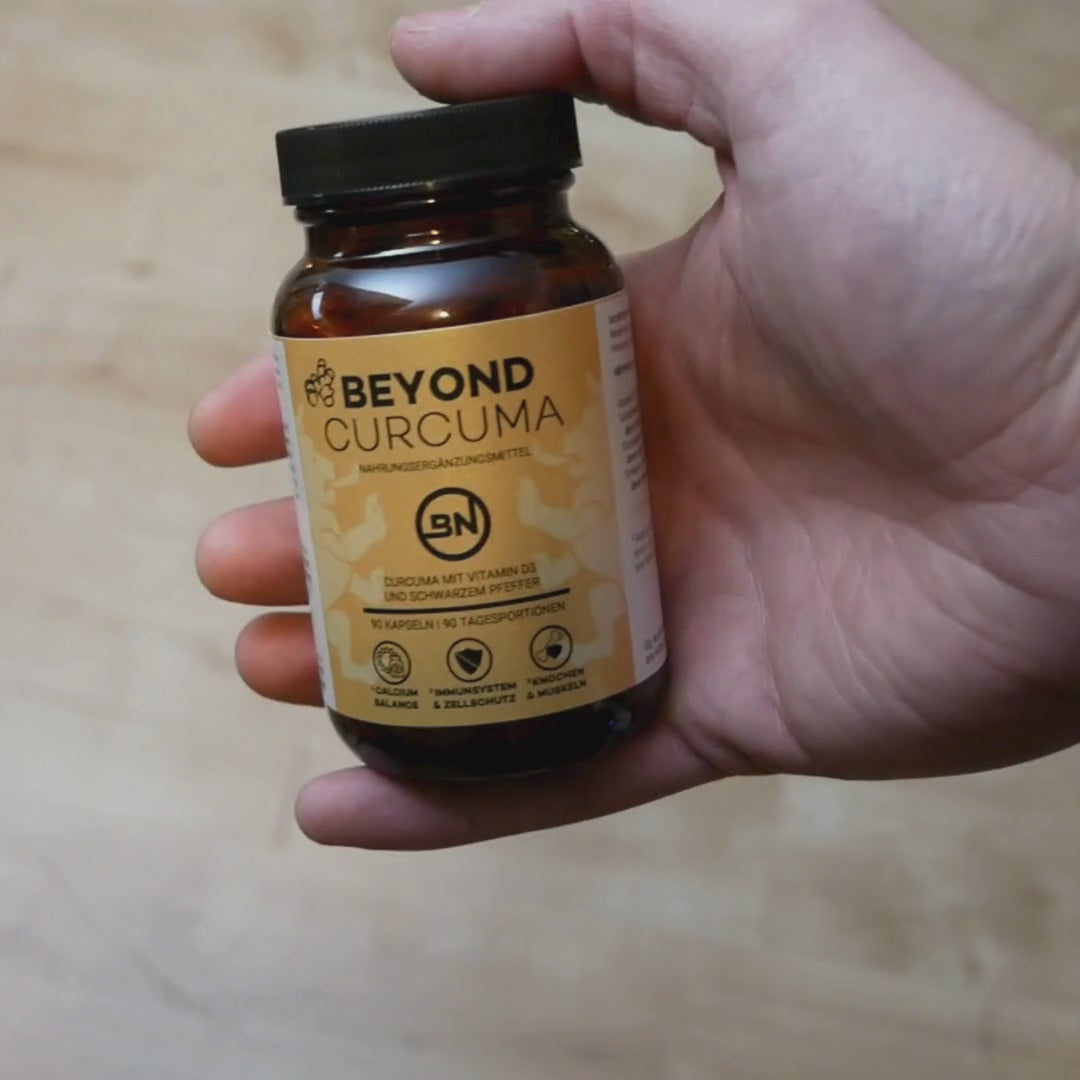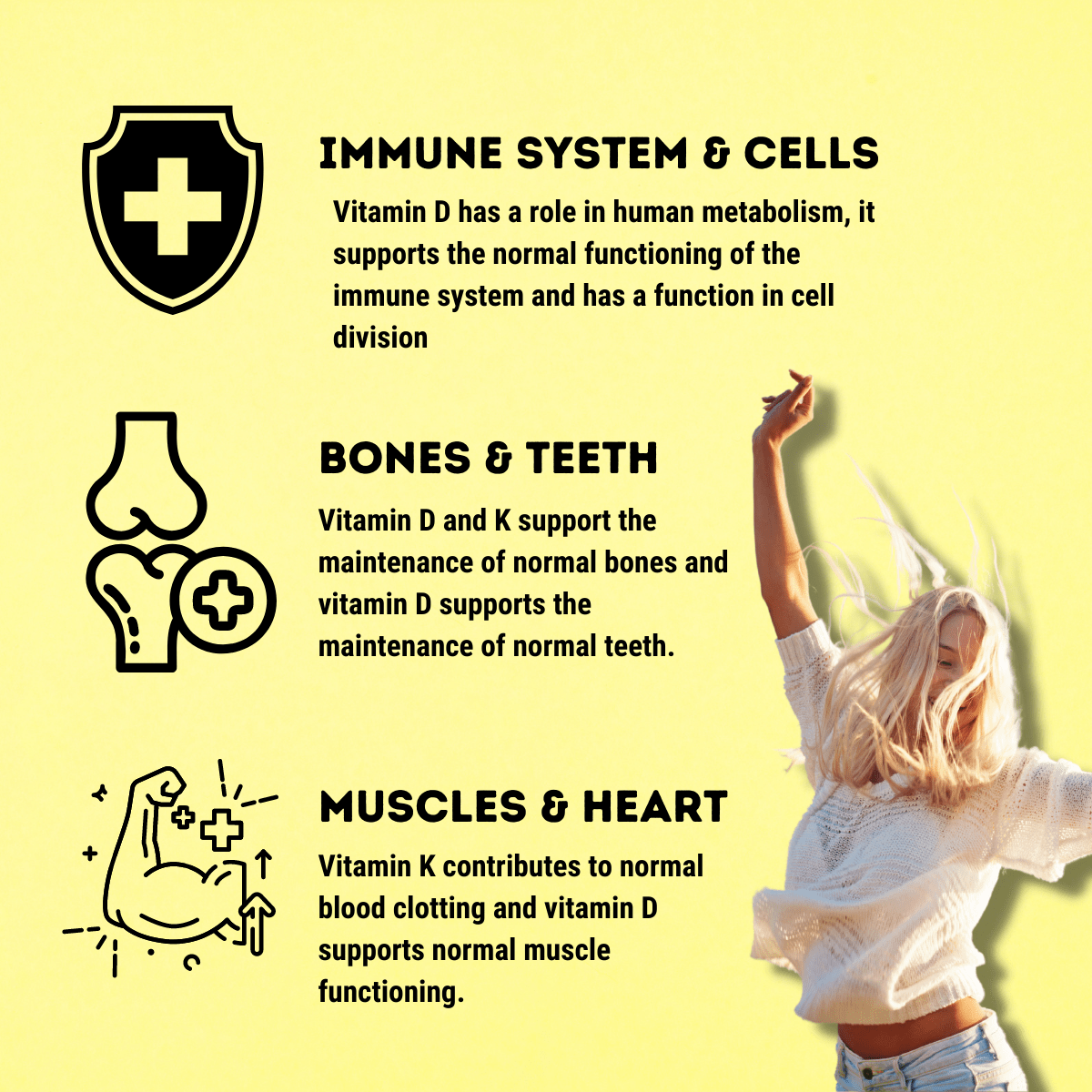Vitamin K2: All the facts about the effect, dosage, deficiency and application
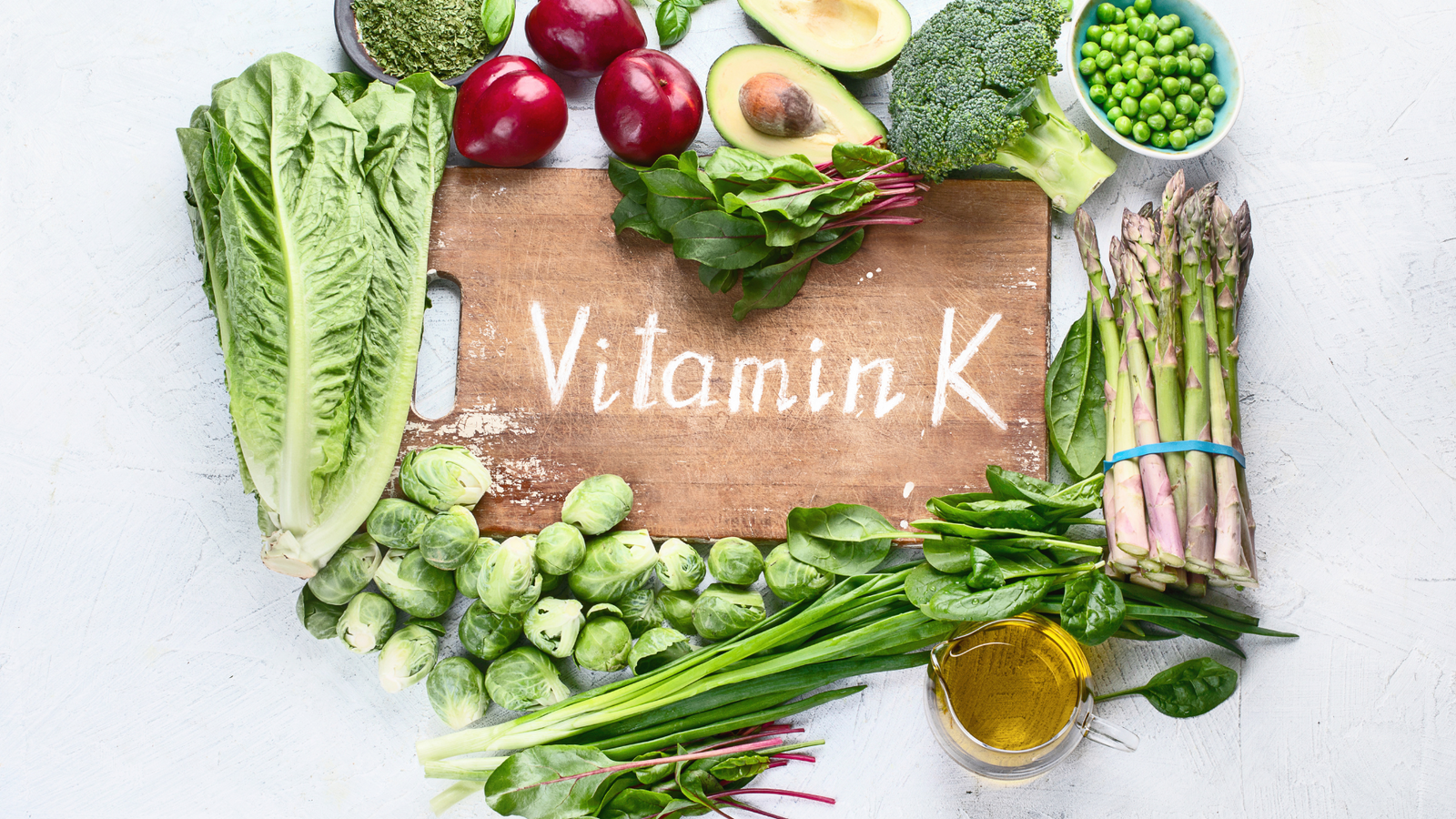
The Story of Vitamin K2
Vitamin K was discovered in 1929 as an essential nutrient for blood clotting. The discovery of vitamin K is largely attributed to Danish scientist Henrik Dam [1] is due to his work on sterol metabolism in chicks, which required feeding carefully controlled diets, some of which were low in lipids (Dam, 1929). This often led to internal bleeding and other symptoms similar to scurvy, but which Dam showed could not be cured by high doses of vitamin C.
The finding of the lack of influence of cod liver oil concentrates (as a source of vitamins A and D), but the protective effects of grains and seeds, led Dam to suspect that the bleeding syndrome was caused by a deficiency in an essential dietary component derived from the vitamins A, D and C. Dam proposed that the hemorrhage-inhibiting factor is a new fat-soluble vitamin, which he called the "coagulation vitamin" or vitamin K.
The first discovery was reported in a German journal, where it was called a "coagulation vitamin". This is where the K in vitamin K comes from.
What is vitamin K2
Vitamin K belongs to the group of fat-soluble (lipophilic) vitamins. There are two main forms of vitamin K:
- Vitamin K1 (phylloquinone): found in plant foods such as leafy greens.
- Vitamin K2 (Menaquinone): found in animal foods and fermented foods. There are 2 forms of vitamin K2, the MK4 and MK7.
Phylloquinone (vitamin K1) is synthesized in the cells of green plants (chloroplasts) and is involved in the photosynthesis process there. Menaquinone (vitamin K2) is formed by bacteria in our intestines such as Escherichia coli and Lactobacillus acidophilus.
Vitamin K2 MK4 and MK7, which one is better?
Two vitamin K2 homologues, menaquinone-4 (MK-4) and menaquinone-7 (MK-7), are used by the food industry as nutrients and in dietary supplements. To investigate the bioavailability of MK-4 and MK-7, a study [2] administered vitamin K2 to 10 healthy Japanese women. After 7 days of dosing, in which five women each received MK-4 and the other five women received MK-7, the following was observed:
- Dietary MK-4 does not contribute to vitamin K status as measured by serum vitamin K levels.
- MK-7, on the other hand, significantly increases MK-7 serum levels.
So you can say that Vitamin K2-MK7 has a high bioavailability and is therefore preferable to the MK-4.
Vitamin K2 supply and daily requirement
The German Society for Nutrition (DGE) recommends a daily intake of 70 µg vitamin K2. However, this recommendation is based on the state of knowledge from the year 2000. The EU guideline recommends an intake of 75µg whereas in the United States (US) an intake of 120 µg is given.
A large-scale, multi-year study (3) from Denmark investigated the connection between vitamin K1 intake via diet and cancer or cardiovascular diseases. The association between vitamin K1 intake and cardiovascular disease-related mortality was present in all subpopulations, while the association with cancer-related mortality was only present among current/former smokers. The estimated daily intake to get the positive effects was between 150-200µg.
From the available data one can thus daily, amount ingested through the diet, between 150-200µg suggest. This amount is contained in about 100g spinach, 150g broccoli or lamb's lettuce. It should be noted, however, that a large part of the nutrients are lost through the processing of the food (e.g. cooking, cooking, long periods of poor storage).
How does vitamin K2 work
The scientifically proven effect of vitamin K2 is recognized by the European Food Safety Authority (EFSA). The following effects of vitamin K2 are in the European "Health Claims" Regulation set out as follows:
- Vitamin K contributes to normal blood clotting
- Vitamin K contributes to the maintenance of normal bones
However, further studies show that the positive properties of vitamin K go far beyond the effects currently recognized by the EFSA.
K2 for Heart Health: A Foundation of Evidence [4]
In particular, the discovery of the role of vitamin K-dependent proteins in processes beyond blood clotting and the identification of different isoforms of vitamin K over the past few decades have highlighted vitamin K2 (menaquinone) as an important nutrient for cardiovascular health. This is mainly due to the long half-life of K2 and its extrahepatic activity.
The results of a published, randomized, double-blind clinical study by Knapen et al. [5] show that vitamin K2 (MK-7) improves cardiovascular health when taken in doses of 180 μg daily for three years by a healthy population.
Another placebo-controlled, randomized clinical study [6] with a follow-up period of one year also showed a cardiovascular benefit after K2 supplementation in both sexes with 243 subjects. Here were also 180 each μg of vitamin K2 (MK-7).
The K2 mechanism and brain health
Vitamin K2 is also involved in the synthesis of sphingolipids, an important class of lipids (fatty acids) found in high concentrations in the cell membranes of the brain.
Originally valued for their role as essential structural components of cell membranes, sphingolipids are now known to be involved in important cellular processes such as signaling, proliferation, differentiation, senescence, transformation and survival of brain cells.
In recent years, studies have linked changes in sphingolipid metabolism to age-related cognitive decline and neurodegenerative diseases such as Alzheimer's and Parkinson's [7] [8].
Link between vitamin K2 and Alzheimer's disease
Human studies on the effects of vitamin K deficiency on brain function are limited, so to date it remains controversial whether vitamin K deficiency is associated with cognitive decline.
In further studies [9] [10] [11], a direct connection between a low vitamin K intake or serum concentration and a deterioration in cognitive and behavioral performance was demonstrated in a population group of 65 years and older.

Natural vitamin K sources and foods
Vitamin K, be it K1 or K2, is found in many delicious and healthy foods.
Vitamin K1 sources on 100g:
- Parsley 700µg
- Spinach 280µg
- Kale 250µg
- Lamb's lettuce 180µg
- Broccoli 120µg
Vitamin K2 Sources on 100g:
- Natto (fermented soybeans from Japan have by far the highest vitamin K2 content with >500µg pro 100g)
- fermented* products such as cheese, yoghurt, sauerkraut, kimchi
- Meat from grazing cattle
- Owner
*The vitamin K2 content can vary greatly in fermented products!
A balanced and varied diet is therefore the best way to maintain your vitamin K balance.
Sources
[1] Vitamin K Metabolism (Springer Verlag)
[2] Comparison of menaquinone-4 and menaquinone-7 bioavailability in healthy women
[3] Association between vitamin K1 intake and mortality in the Danish Diet, Cancer, and Health cohort
[4] Growing Evidence of a Proven Mechanism Shows Vitamin K2 Can Impact Health Conditions Beyond Bone and Cardiovascular
[5] Knapen MH, Braam LA, Drummen NE, Bekers O, Hoeks AP, Vermeer C. Menaquinone-7 supplementation improves arterial stiffness in healthy postmenopausal women. A double-blind randomised clinical trial. Thromb Haemost. 2015;113(5):1135-1144. doi:10.1160/TH14-08-067.
[6] Vermeer C, Vik H. Effect of Menaquinone-7 (vitamin K2) on vascular elasticity in healthy subjects: results from a one-year study
[7] Ferland G. 2012. Vitamin K, an emerging nutrient in brain function.
[8] Alisi L, Cao R, De Angelis C, et al.. The Relationships Between Vitamin K and Cognition: A Review of Current Evidence.
[9] Kalaria RN, Maestre GE, Arizaga R, et al.. Alzheimer’s disease and vascular dementia in developing countries: prevalence, management, and risk factors
[10] Murphy MP, LeVine H, 3rd. Alzheimer’s disease and the amyloid-beta peptide.
[11] Presse N, Shatenstein B, Kergoat MJ, Ferland G. Low vitamin K intakes in community-dwelling elders at an early stage of Alzheimer’s disease. J Am Diet Assoc. (2008)





